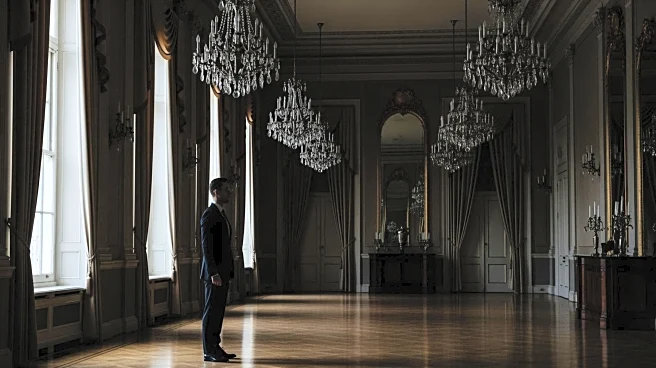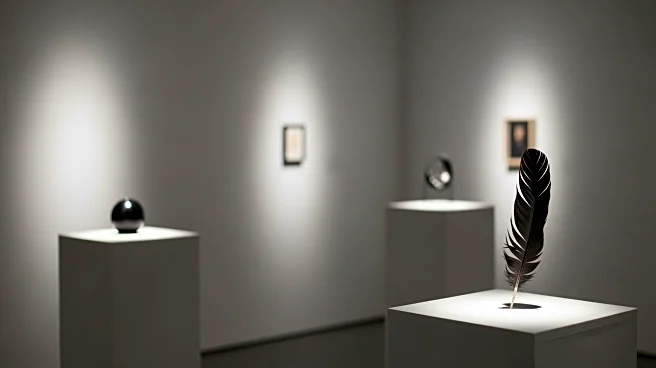Rapid Read • 7 min read
A recent study has shown that light pollution significantly affects the behavior of diurnal birds, causing them to wake up earlier and stay active longer. Conducted by researchers Brent Pease and Neil Gilbert, the study utilized data from the BirdWeather acoustic monitoring project and satellite light pollution data. It found that bird vocal activity extended by an average of 50 minutes in brightly lit areas. Meanwhile, Zambuto Optical Company, known for its high-quality telescope mirrors, announced its closure after 28 years. The decision was made by Carl Zambuto and Chuck Smith, who cited retirement and a desire to maintain product quality as reasons for shutting down.
AD
The study on light pollution highlights the broader environmental impact of artificial lighting on wildlife, raising concerns about ecological balance and biodiversity. Understanding these effects is crucial for developing strategies to mitigate light pollution and protect natural habitats. The closure of Zambuto Optical Company marks the end of an era for amateur and professional astronomers who valued their craftsmanship. It reflects broader trends in the industry, such as the challenges faced by small businesses in maintaining quality and adapting to market changes.
Efforts to address light pollution may involve policy changes, technological innovations, and public awareness campaigns to reduce its impact on wildlife. The astronomy community will need to adapt to the loss of Zambuto mirrors, potentially seeking alternative suppliers or technologies. The closure may also prompt discussions on preserving craftsmanship and supporting small businesses in niche markets.
AD
More Stories You Might Enjoy










